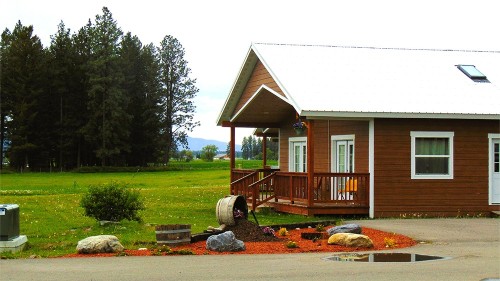
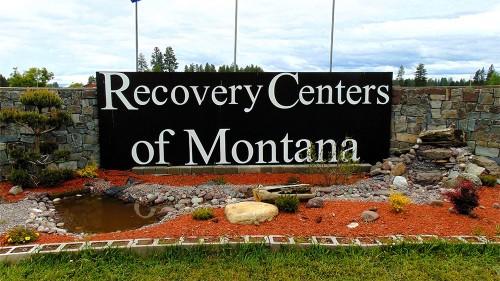
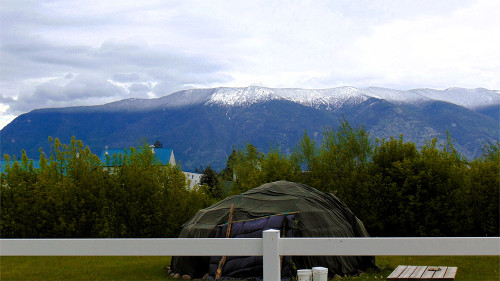



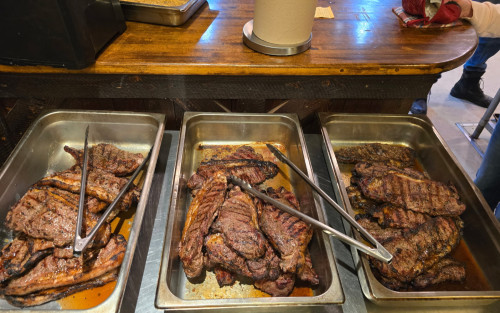
Recovery Centers of Montana - Men's Program
This provider's information has been quality-checked by Recovery.com's Research Team for accuracy and completeness, including center verification through appropriate third-party organizations.
Treatment Focus
This center treats substance use disorders and co-occurring mental health conditions. Your treatment plan addresses each condition at once with personalized, compassionate care for comprehensive healing.
Primary Level of Care
Offering intensive care with 24/7 monitoring, residential treatment is typically 30 days and can cover multiple levels of care. Length can range from 14 to 90 days typically.
Treatment Focus
This center treats substance use disorders and co-occurring mental health conditions. Your treatment plan addresses each condition at once with personalized, compassionate care for comprehensive healing.
Primary Level of Care
Offering intensive care with 24/7 monitoring, residential treatment is typically 30 days and can cover multiple levels of care. Length can range from 14 to 90 days typically.
Provider's Policy
Recovery Centers of Montana accepts Medicaid and private insurance, have private pay plans available, and offer private pay for out-of-staters.
Recovery Centers of Montana - Men's Program
Recovery Centers of Montana - Men's Program
About Recovery Centers of Montana - Men's Program
Located just 3 miles north of Glacier International Airport in Columbia Falls, Recovery Centers of Montana helps men find their path to recovery and realize their full potential. As Montana’s largest men-only inpatient program, the Ranch is staffed by compassion-driven professionals who empower men to leave behind the perceived need for substances and embrace a trajectory of balance, wellness, and lifelong healing.
Build Resilience for Lasting Recovery
The Ranch provides trauma-informed care designed to help men heal from past wounds while building resilience for the future. Through individual and group therapy, relapse prevention, and 12-Step or SMART Recovery pathways, clients learn new strategies for lasting wellness. Along the way, mindfulness, outdoor activities, and spiritual practices help clients manage stress, restore balance, and grow stronger in their recovery journey.
Find Strength and Connection at the Ranch
Life at the Ranch combines structure with camaraderie. Men live in comfortable climate-controlled cabins with private bathrooms and share chef-prepared meals in a welcoming dining environment. Amenities such as a recreational center, movie theater room, outdoor sauna, and ranch activities create opportunities for connection. Surrounded by natural beauty and Rocky Mountain views, clients find belonging and encouragement in an environment that supports both rest and renewal.
Sustain Recovery With Continued Care
In line with their commitment to continued care, the Ranch invites clients to join their alumni groups, creating long‑term peer support and connection. This wrap‑around approach ensures men do not walk alone beyond residential treatment, encouraging sustained engagement and resilience as they embark on the next chapter of their recovery journey.
Highlights from the Center
Highlights
These highlights are provided by and paid for by the center.
Nature Lovers
Holistic Approach
Men Only
Center Overview
Treatment Focus
This center treats substance use disorders and co-occurring mental health conditions. Your treatment plan addresses each condition at once with personalized, compassionate care for comprehensive healing.
Insurance Accepted
Cash Pay Rates
Estimated Cash Pay Rate
Center pricing can vary based on program and length of stay. Contact the center for more information. Recovery.com strives for price transparency so you can make an informed decision.
Meet Your Care Team
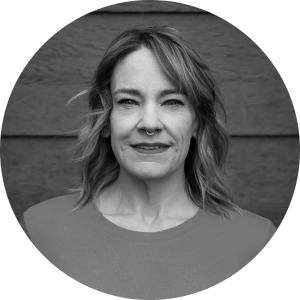
Ann McWilliams
Director
LAC
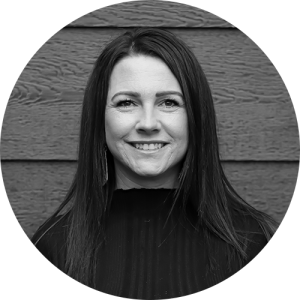
Amanda Stys
Case Manager
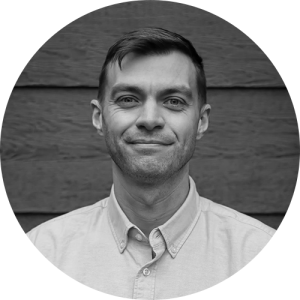
Taylor Schwikert
ACLC
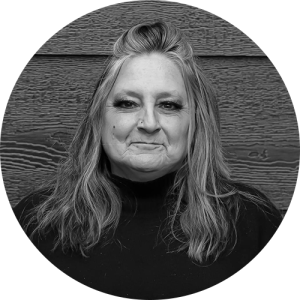
Jeri Billsborough
LAC
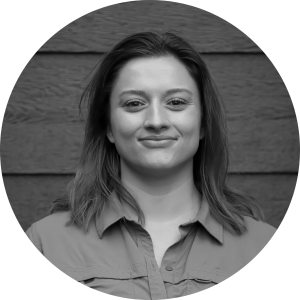
Keyawna Larson
Mental Health Therapist & Addictions Counselor
MSW, SWLC, ACLC
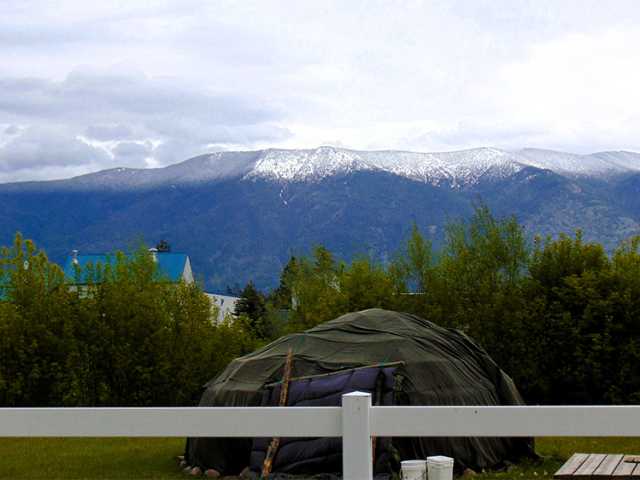
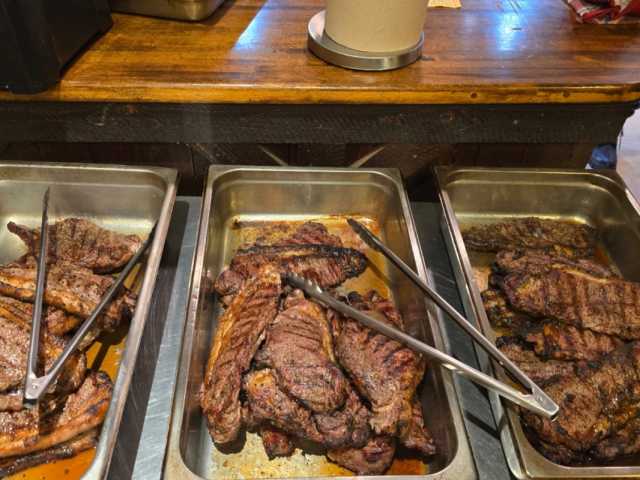
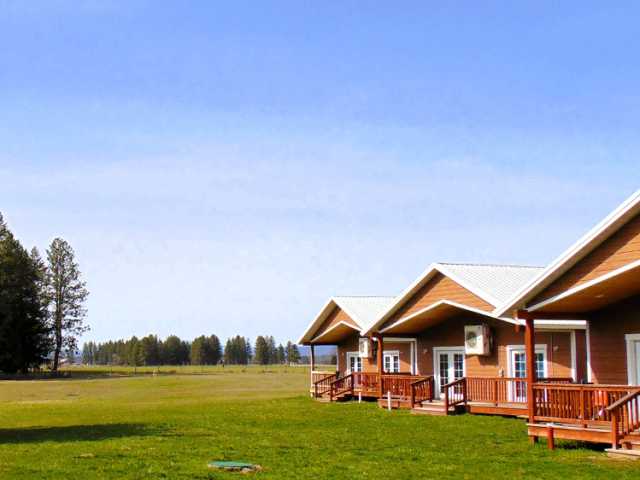
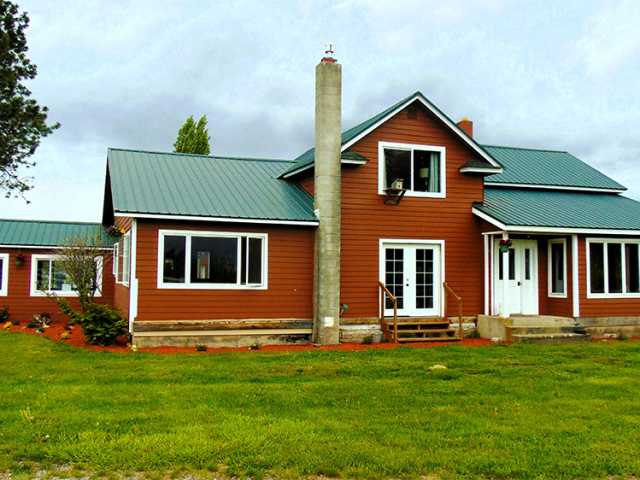
Levels of Care






Your Care Options
Specializations
Co-Occurring Disorders
A person with multiple mental health diagnoses, such as addiction and depression, has co-occurring disorders also called dual diagnosis.
Adventure Therapy
This experiential approach uses the physical and emotional challenges of outdoor activities as tools for personal growth.
Drug Addiction
Drug addiction is the excessive and repetitive use of substances, despite harmful consequences to a person's life, health, and relationships.
Opioids
Opioids produce pain-relief and euphoria, which can lead to addiction. This class of drugs includes prescribed medication and the illegal drug heroin.
Alcohol
Using alcohol as a coping mechanism, or drinking excessively throughout the week, signals an alcohol use disorder.
Who We Treat
Approaches
Twelve Step
Incorporating spirituality, community, and responsibility, 12-Step philosophies prioritize the guidance of a Higher Power and a continuation of 12-Step practices.
Gender-Specific
Separate treatment for men or women can create strong peer connections and remove barriers related to trauma, shame, and gender-specific nuances.
Holistic
A non-medicinal, wellness-focused approach that aims to align the mind, body, and spirit for deep and lasting healing.
Individual Treatment
Individual care meets the needs of each patient, using personalized treatment to provide them the most relevant care and greatest chance of success.
Therapies
1-on-1 Counseling
Patient and therapist meet 1-on-1 to work through difficult emotions and behavioral challenges in a personal, private setting.
Adventure Therapy
This experiential approach uses the physical and emotional challenges of outdoor activities as tools for personal growth.
Twelve Step Facilitation
12-Step groups offer a framework for addiction recovery. Members commit to a higher power, recognize their issues, and support each other in the healing process.
Mindfulness Therapy
This ancient practice can be mental, emotional, and even spiritual. In meditation, you focus your attention on the present moment without judgement.
Relapse Prevention Counseling
Relapse prevention counselors teach patients to recognize the signs of relapse and reduce their risk.
Recreation Therapy
In recreation therapy, recovery can be joyful. Patients practice social skills and work through emotional triggers by engaging in fun activities.
Yoga
Yoga is both a physical and spiritual practice. It includes a flow of movement, breathing techniques, and meditation.
Substances We Treat
Cocaine
Cocaine is a stimulant with euphoric effects. Agitation, muscle ticks, psychosis, and heart issues are common symptoms of cocaine abuse.
Prescription Drugs
It's possible to abuse any drug, even prescribed ones. If you crave a medication, or regularly take it more than directed, you may have an addiction.
Benzodiazepines
Benzodiazepines are prescribed to treat anxiety and sleep issues. They are highly habit forming, and their abuse can cause mood changes and poor judgement.
Ecstasy
Ecstasy is a stimulant that causes intense euphoria and heightened awareness. Abuse of this drug can trigger depression, insomnia, and memory problems.
Co-Occurring Disorders
A person with multiple mental health diagnoses, such as addiction and depression, has co-occurring disorders also called dual diagnosis.
Drug Addiction
Drug addiction is the excessive and repetitive use of substances, despite harmful consequences to a person's life, health, and relationships.
Heroin
Heroin is a highly addictive and illegal opioid. It can cause insomnia, collapsed veins, heart issues, and additional mental health issues.
Synthetic Drugs
Synthetic drugs are made in a lab, unlike plant-based drugs like mushrooms. Most synthetic drugs are either stimulants or synthetic cannabinoids.
Languages
Aftercare
Care Designed for Your Needs
Personal Amenities
Amenities
Special Considerations
Healthy Meals are provided
Great food meets great treatment, with providers serving healthy meals to restore nutrition, wellbeing, and health.
Activities
Off-Site Activities
What people are saying
We love hearing about your treatment experience
Help individuals and families seeking treatment by sharing your first-hand experience with this treatment provider. Review Guidelines.






